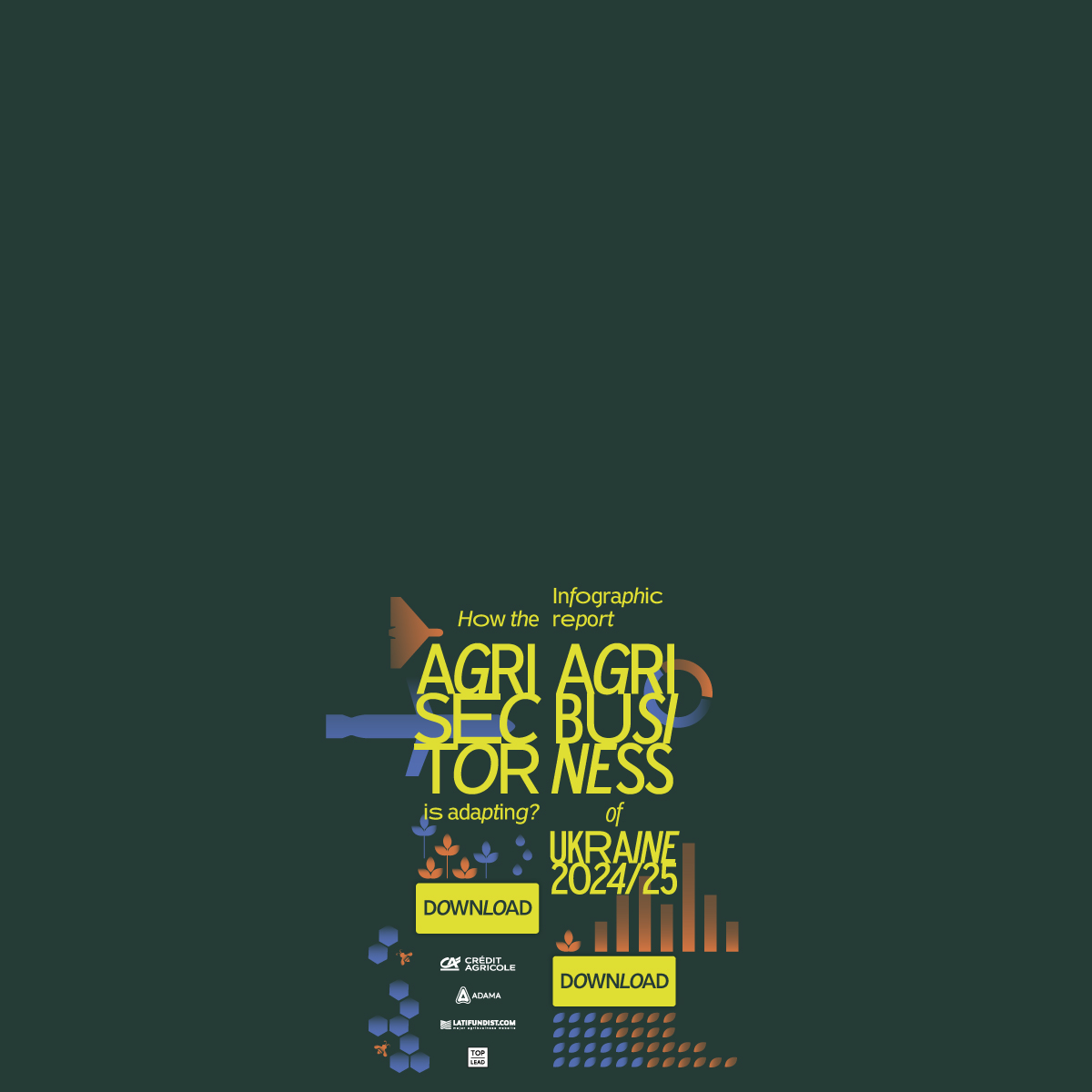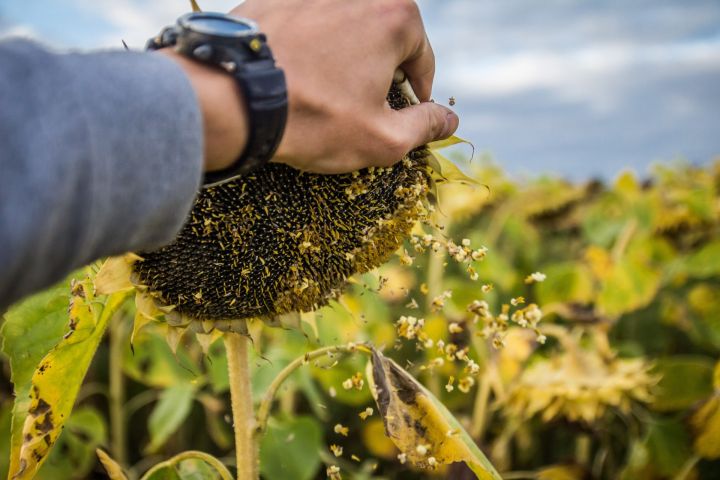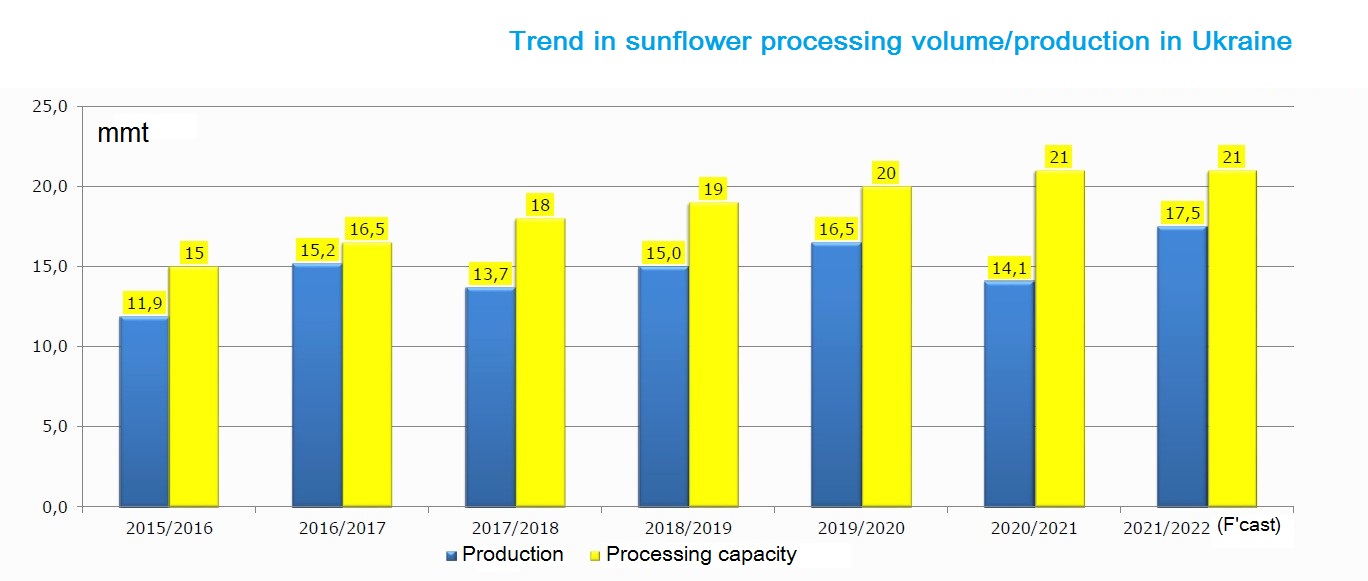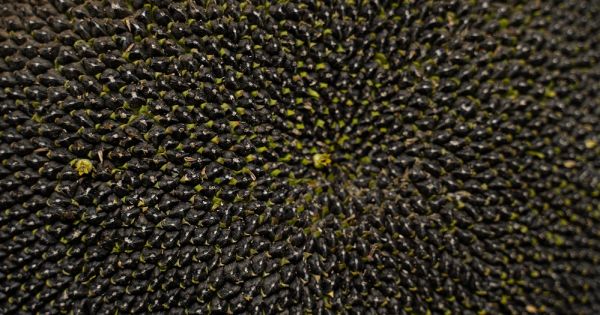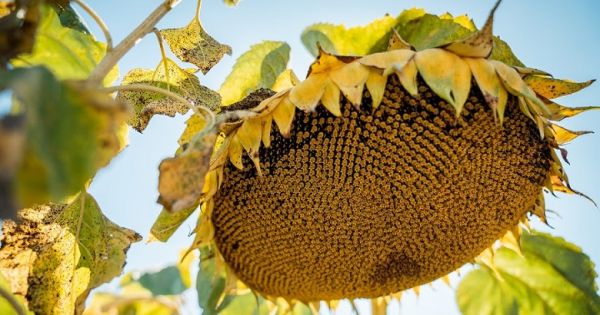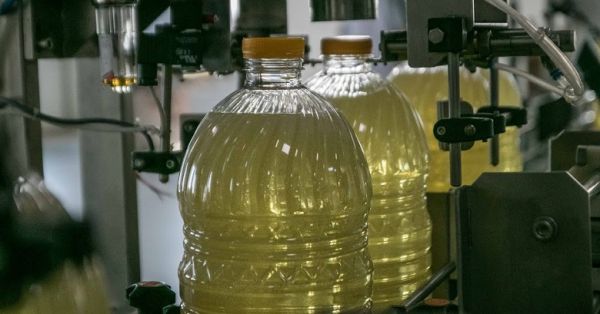Sunflowerseeds Processing in Ukraine. Market Leaders Have the Final Say
Sunflowerseeds harvesting is in Ukraine, although delayed by 2-3 weeks and interrupted by rains... Less than 1/3 of the new crop is harvested, while the demand is persistently high. At the beginning of a new oilseed season, all market players are expecting either high prices or low, dry weather, a rich and high-quality crop, etc. Konstantin Bugera, Commercial Director of Poseidon Tradewaves, described the daily routine and expectations of sunflowerseed processors in Ukraine.
Forwards and prices
Before the planting season, agricultural producers have to choose the way to finance it: a bank loan, their own funds, or prepayment from potential buyers of the crop. Oilseeds processors traditionally conclude forward contracts for the new sunflower crop in spring, just as they do for grain crops. This instrument is used mostly by the big players, such as Kernel, Bunge, Delta Wilmar, MHP, companies having large volumes of processing and, as a rule, owning a network of grain elevators. It is difficult to determine precisely what share of sunflowers in Ukraine is sold under forward contracts this year. According to various estimates, there are about 15% of such deals. This amount is significantly lower than it was in previous seasons: the tremendous market volatility and subsequent defaults in the 2020/21 season curbed the number of forward contracts.
There are two basic types of contracts on the market: fixed-price and revaluation contracts. When the latter is signed, the price is fixed, the buyer makes an advance payment and the parties agree that the final sunflowerseed price will be determined by November 30, December 31, etc.
Since sunflower prices are lower today than in spring, it is possible that there will be defaults on some contracts. Although after last season, everyone, on the one hand, has become more flexible, and more selective on the other. Verification of counterparties has intensified, and contracts are concluded with the most reliable ones.
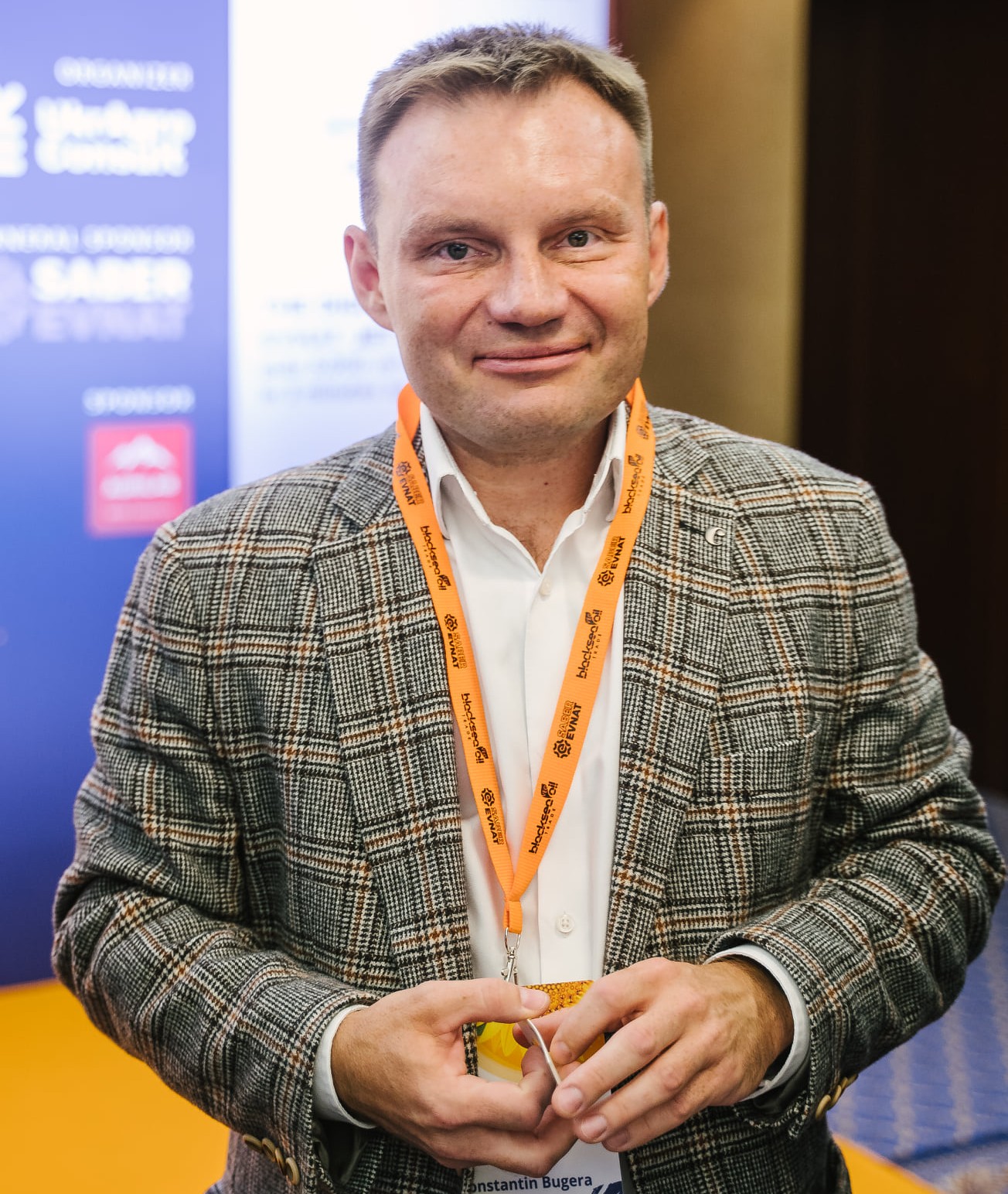
Today the new crop sunflower in Ukraine is offered at a price above UAH 18,000 (incl. VAT) per ton. It's hard to tell whether last year's scenario will repeat itself, whether the price will reach UAH 25,000 per ton. I won't make any predictions. It all depends on the price of vegetable oil. For example, on September 16 sunflower oil rose by USD 50, which will naturally affect the cost of raw materials. Usually, if vegoil goes up in price, then sunflowerseed adds less than half of this value. That is, if a ton of vegetable oil rises in price by USD 50, then the corresponding increase in the price of raw materials is about USD 21. It is clear that the dynamics of world prices for soybean, palm oil, and petrol also affect the change in the cost of sunflower oil.
Agriproducers and processors: the delicate balance
In the current 2021/22 season, producers are acting as usual. Farmers sell sunflowers just as much and with such a frequency as to cover their need for money. By tradition, a large volume of oilseeds is sold in October, followed by a drop in sales in November. Then in December, there is a surge in sales of raw materials again, as many companies seek to fulfil their obligations at the end of the calendar year.
Most often, 40-60% of the new crop is sold before January. And since January, everyone who can hold back the sale of sunflowers does so, while those who can't are selling. There is a shortage of sunflower supply on the market, and when a certain amount of sunflower is offered for sale, processors and traders swoop fast.
Sunflowerseeds producers usually take advantage of this, trying to hold the seed until May and June, expecting that the price will be higher than it was in December and January. There are exceptions to this rule when some world trends press sunflower oil prices down and plants cannot afford to buy expensive raw materials and are ready even to halt processing. At such moments, do farmers realize that it is better to sell the oilseeds now rather than wait 2-3 months.
The last few years the fall was dry, there was no need to dry sunflowers in large quantities. Farmers mostly kept it in their storages and could wait for price changes. There are concerns today that raw material is wet due rains. However, it is too early to say.
Oilseeds market tendencies in Ukraine (from 2010/11 to 2021/22)
increase in oilseeds sown areas:
sunflower: up by 1.4x, from 4.57 to 6.42 mln ha
soybean: up by 1.3x, from 1.04 to 1.39 mln ha
rapeseed: up by 1.3x, from 0.86 to 1.1 mln ha
higher oilseeds yield:
sunflower: up by 1.6x, from 1.5 to 2.42 t/ha
soybean: up by 1.4x, from 1.62 to 2.23 t/ha
rapeseed: up by 1.5x, from 1.7 to 2.55 t/ha
upper income and production margins:
sunflower: up by 1.4x, 39.4% at present
soybean: up by 12x, 30.2% at present
rapeseed: dropped by 1.5x, 17.2% at present
The first sunflower is most often wet as it is usually harvested unripe, with an unfilled kernel. The oil and protein content of the raw material is low. However, the first harvest of sunflowers is no indicator of the bulk yield of the crop in the country. Every season, there are talks based on harvesting results that in the south of the country sunflower yields low, has insufficient test weight of the seeds, high moisture content, etc. But most times it is speculation on statistically insignificant values.
Processors' behaviour pattern was formed quite a long time ago and has not changed. The refineries can't stand by, they need to ensure even loading of the enterprises at least for a month in advance. Therefore, they actively buy sunflowers until the zero margin or even negative. When income from the sale of oil and meal exceeds fixed costs of processors, it is not bad. If only the variable costs are covered, there is no point in buying sunflowerseeds. But the problem is that it is often very difficult to predict the crush margin [the difference between the cost of products and raw materials – ed.].
And large processors control the market as they form the backbone of demand. Transnational companies such as Bunge, Cargill, Viterra, COFCO, Delta Wilmar can even afford to work at a loss in sunflowerseed processing in Ukraine, as long as their Ukrainian subsidiaries provide physical oil supplies. They will make their income in the global market, including at the expense of enterprises in other countries, low freight costs, special terms for sales to end users, etc. Crush margins in Ukraine are not crucial for them. That is, the business of transnational players, as well as that of Kernel as a system, vertically integrated operator, is secure. They can afford a steady strategy, sometimes even work at a loss, but never drop out of the market, and ensure a stable utilization of production capacities. Although, it must be said that in the last MY even Kernel stopped the plants when there was no economic feasibility of processing.
For context, crushing plants in Ukraine finalized the 2020/21 season ahead of schedule.
Most of the other oil extraction plants in Ukraine, however, find it harder. They are isolated, not vertically integrated businesses. They work in the spot mode and often cannot provide themselves with the required "raw material reserve" to get a more or less manageable financial result. Their planning horizon is one or two months.
This year, since a higher sunflowerseed harvest is expected, there will be less problems with capacity utilization than in 2020/21. At least, the big players will do whatever it takes to form reserves of raw materials. And medium and small enterprises will buy the sunflowers left.
Consolidation? It is farfetched.
Perhaps, the future competition for raw materials promotes market consolidation. There are crushing plants in Ukraine having good chances to be part of M&A transactions, however, no agreements have been reported yet. Many of them have a massive financial burden that no potential buyer wants to cover. Why? More often than not, business does not generate as much revenue as to cover interest rates. If suddenly one of the international companies realizes it doesn't have enough of its own processing capacity, it will simply arrange toll processing relations with a smaller plant.
Konstantin Bugera, Commercial Director of Poseidon Tradewaves
